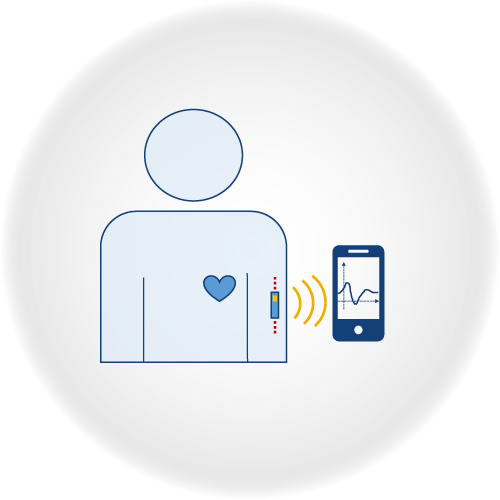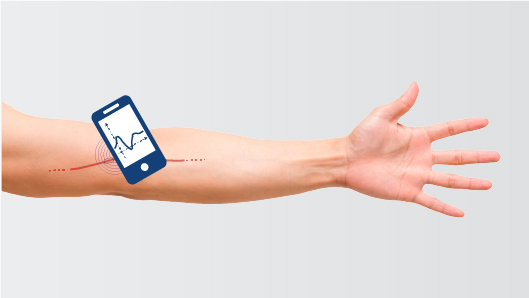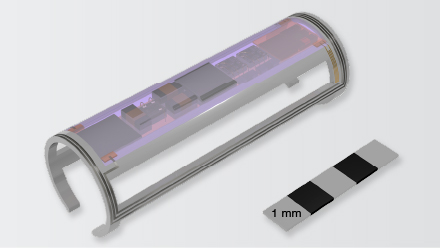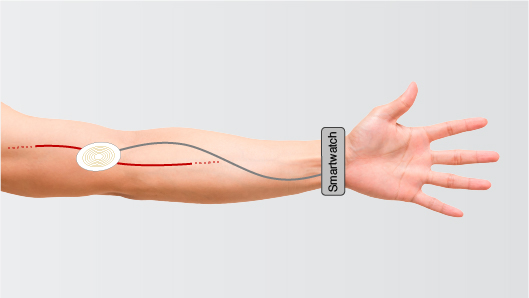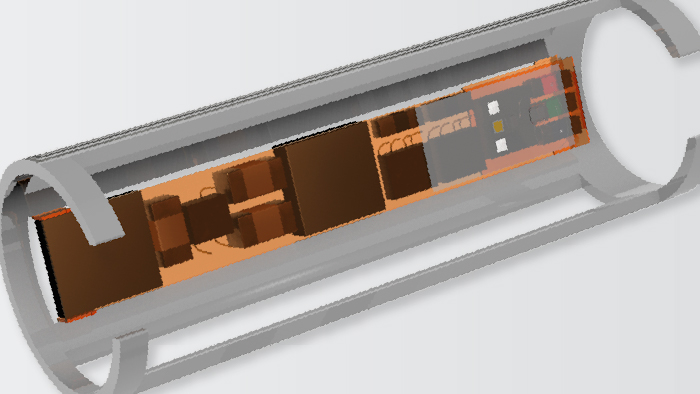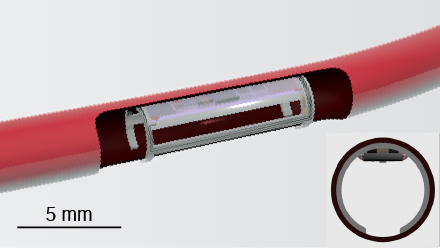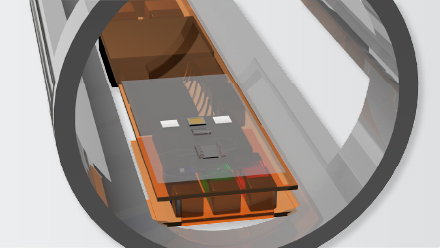About
Vision
Heart Failure is unfortunately a common disease affecting millions of people in Europe. Despite traditional Heart Failure therapies, mortality and hospital admission rate remain unacceptably high, especially in the elderly, posing a significant burden on patients, doctors, and healthcare resources. Reducing the rate of repeated hospitalizations is not only beneficial in decreasing high costs on healthcare systems, but also represents a way to improve the quality and life expectancy in patients with heart failure.
With this goal in mind, we will develop a new multi-sensing micro-device that can track the progression of the disease enabling physicians to supply a prompt and tailored treatment.
Project idea
The microdevice will be completely unobtrusive, capable of continuous monitoring and performing multiple measurements, such as hemodynamic variables concentrations of circulating biomarkers of interest. The investigated sensors that will be integrated in the platform will include:
-
Strain sensor, main target: vessel deformation
-
Pressure micro-sensor, main target: blood pressure and/or hemodynamics
-
Optical sensor (micro-spectrometer), main target: hematocrit and oximetry
-
Photonic crystal-based biosensors, main target: glucose monitoring
-
Micro-Electrodes for electrochemical detection, main target: estimation of blood electrolytes (K+ and H+) and Brain-type natriuretic Peptide (BNP) concentration,
-
Organic thin film transistor (OTFT) based Biosensors, main target: cardiac Troponins (cTnT, cTnI) detection
The IV-Lab project is part of the 2022 EIC Pathfinder Challenge – Towards the healthcare continuum. The final goal is to respond to the following main requests from the Pathfinder Heath work program:
-
Develop a novel technology (device, instrument or full system) for unobtrusive proactive healthcare
-
The end objective must be a Proof-of-Concept and preliminary data suggestive of adequate safety and performance, while paying attention to minimizing false positives that could hamper its real-world use
-
The targeted technology should make the case for a clinically acceptable solution amenable to successful evaluation under common Health Technology Assessment (HTA) methodologies
-
The path to future integration in the European healthcare workflow, specifically in relation to the inter-operability with existing infrastructures, as well as take up and compliance by appropriate patient populations, should be plausible
Through these objectives, IV-lab aims to endow people with unperceivable sensors, which will allow the continuous long-term monitoring of health status, in addition to personalized diagnosis and medical intervention. This challenge will be addressed by designing an implantable device consisting of several micro-sensors capable of monitoring hemodynamic parameters from inside the human body in patients with cardiovascular diseases.
Project details
-
Project Full TitleIn-vessel implantable smart sensing device for personalised medicine
-
AcronymIV-Lab
-
Starting date1st September 2023
-
Project duration4 Years
-
CoordinatorVirgilio MATTOLI
-
Project officerAlina Maria TOMOIAGA
-
Project Number101115545
-
Funding InstitutionEU
-
Type of ActionHORIZON-EIC
-
TopicHORIZON-EIC-2022-PATHFINDERCHALLENGES-01-04
-
Call identifierHORIZON-EIC-2022-PATHFINDERCHALLENGES-01
-
Cost€4,158,610.00
-
Requested EU contribution€4,158,610.00
